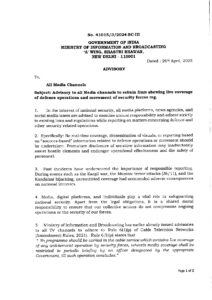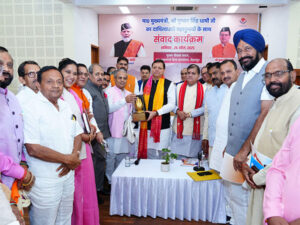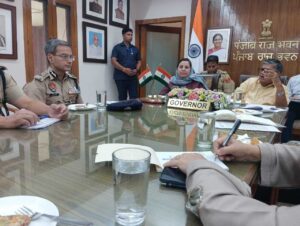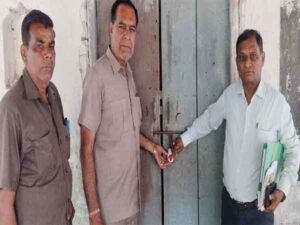Train services in Rajasthan impacted due to Cyclone Biparjoy
Jaipur (Rajasthan) [India], June 20 (ANI): Several trains in Rajasthan have been cancelled in view of the cyclonic storm Biparjoy which caused a rampage in the State, officials said.
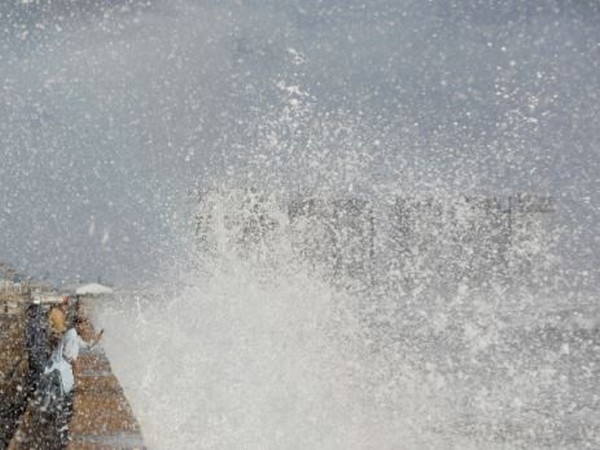
The movement of trains has been affected due to cyclonic storm Biparjoy in Kutch and Saurashtra region of Gujarat. Railways on Monday said that in view of the security of passengers, many trains have been cancelled.
On Sunday Railway Minister Ashwini Vaishnav said that tracks have been uprooted at five places in Rajasthan due to the storm. He said that Railways had diverted passenger trains going on the route in time. “Work is going on on a war footing to repair the tracks,” he added in a tweet.
Captain Shashi Kiran, the Chief Public Relations Officer of North Western Railway said that some trains were cancelled “in view of Cyclone Biparjoy”. This included the Jodhpur-Bhildi Express (04841), the Bhildi-Jodhpur Express (04842), the Jodhpur-Palanpur Express (14893) on Tuesday and the Palanpur- Jodhpur Express (14894) on Wednesday.
Earlier, the India Meteorological Department said that Cyclone Biparjoy which had taken the form of ‘depression’ has weakened into a “well-marked Low-Pressure Area” as of Monday morning.
“Yesterday’s depression over central parts of South Rajasthan & neighbourhood weakened into a Well marked Low Pressure Area over central parts of Northeast Rajasthan & neighbourhood at 0830 hours IST of today, 19 June 2023,” the MeT department tweeted.
As a result of cyclone Biparjoy, the Anasagar Lake in Rajasthan’s Ajmer overflowed on Monday after a spell of heavy rains in the city. Due to this, severe waterlogging and flood-like situations were witnessed at various places in the city.
Moreover, the Jawaharlal Nehru Hospital in Ajmer was flooded following 24 hours of heavy rainfall in the city under the influence of Biparjoy on Sunday. Rainwater entered the hospital’s orthopaedic ward, ophthalmology department, outdoor ward, X-ray room, and medicine counter, causing a great level of inconvenience for hospital staff as well as visitors.

